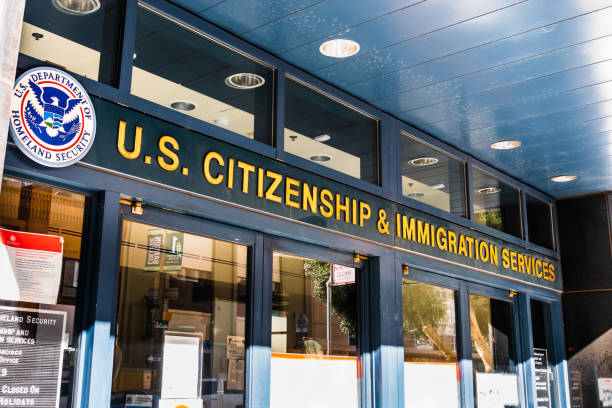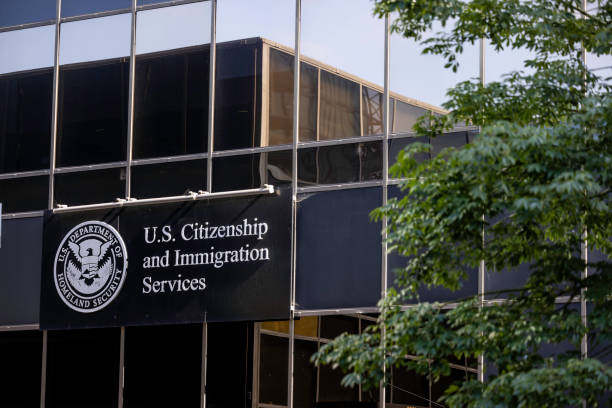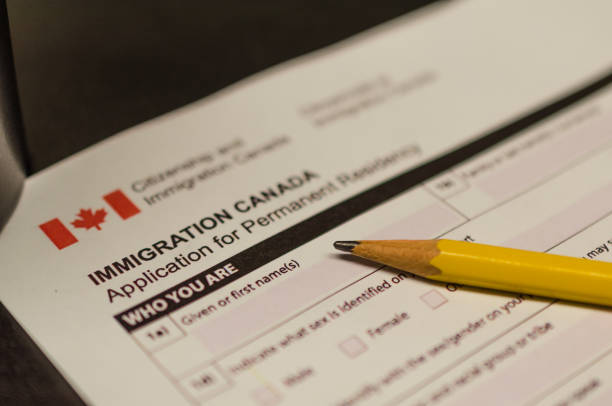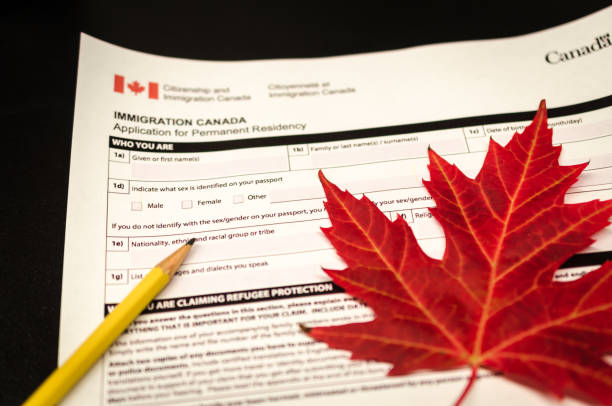
The Pros and Cons of Temporary vs. Permanent Residency
The Pros and Cons of Temporary vs. Permanent Residency
When considering relocating to a new country, one of the key decisions you'll face is choosing between temporary and permanent residency. Each option comes with its own set of advantages and disadvantages, which can impact your lifestyle, career, and future plans. Understanding these pros and cons is crucial for making an informed decision about your residency status. Here's a detailed comparison of temporary and permanent residency.
Temporary Residency
Temporary residency allows you to live in a country for a specific period, usually with a limited visa or permit. This status is often used for work, study, or other short-term purposes.
Pros of Temporary Residency
- Flexibility: Temporary residency provides the flexibility to live in a new country for a limited time without committing to long-term plans. This is ideal for individuals who wish to explore a new location before making a permanent move.
- Opportunity to Experience Different Cultures: It allows you to experience life in another country and immerse yourself in its culture without the long-term commitment of permanent residency.
- Less Stringent Requirements: Temporary residency visas often have less stringent requirements compared to permanent residency. This can make the application process quicker and more straightforward.
- Possible Pathway to Permanent Residency: In some cases, temporary residency can serve as a stepping stone to permanent residency. It allows you to build a foundation and demonstrate your ability to integrate into the community.
Cons of Temporary Residency
- Limited Duration: Temporary residency is not permanent, and you will need to renew your visa or permit periodically. This can lead to uncertainty about your future status and potential disruptions to your life.
- Restricted Benefits: Temporary residents may have limited access to certain benefits, such as social services, healthcare, or financial assistance, compared to permanent residents.
- No Long-Term Security: Without permanent residency, you lack long-term security and may face challenges in securing long-term employment or housing.
- Potential for Visa Denial: Temporary visas can be subject to denial or extension issues, which can affect your ability to stay in the country and pursue your goals.
Permanent Residency
Permanent residency grants you the right to live in a country indefinitely, usually with more extensive rights and privileges compared to temporary residency. This status is often sought by individuals who intend to make the country their long-term home.
Pros of Permanent Residency
- Long-Term Security: Permanent residency provides long-term security and stability. You can live, work, and access benefits without the need for visa renewals or frequent administrative processes.
- Access to Benefits: Permanent residents typically have access to a wider range of benefits, including healthcare, education, and social services, which can enhance your quality of life.
- Pathway to Citizenship: Permanent residency often serves as a pathway to citizenship, allowing you to eventually apply for full citizenship status and gain additional rights, such as voting and holding public office.
- Employment Opportunities: With permanent residency, you generally have unrestricted access to the labor market, making it easier to pursue career opportunities and secure long-term employment.
Cons of Permanent Residency
- Commitment: Obtaining permanent residency requires a significant commitment to living in the country. This may involve long-term planning, financial investment, and integration into the local community.
- Complex Application Process: The process for obtaining permanent residency can be complex and time-consuming, often involving stringent eligibility requirements and extensive documentation.
- Potential Tax Implications: Permanent residents may face tax implications, including obligations to report and pay taxes on worldwide income, which can impact your financial situation.
- Risk of Losing Status: Permanent residency can be at risk if you fail to meet residency requirements or violate certain conditions. This could lead to the loss of your status and potential deportation.
Making the Right Choice for You
Choosing between temporary and permanent residency depends on your personal circumstances, goals, and plans. Consider factors such as your career aspirations, lifestyle preferences, and long-term intentions when making your decision.
For more information on the specific residency options and requirements in different countries, visit the official immigration websites or consult with an immigration consultant. Websites like USCIS and IRCC (Immigration, Refugees and Citizenship Canada) offer detailed information on residency options and application procedures.
Conclusion
Both temporary and permanent residency offer distinct advantages and challenges. By carefully evaluating your needs and objectives, you can make an informed decision that aligns with your personal and professional goals. Whether you choose temporary or permanent residency, understanding the pros and cons will help you navigate the process and make the most of your new home.



















































